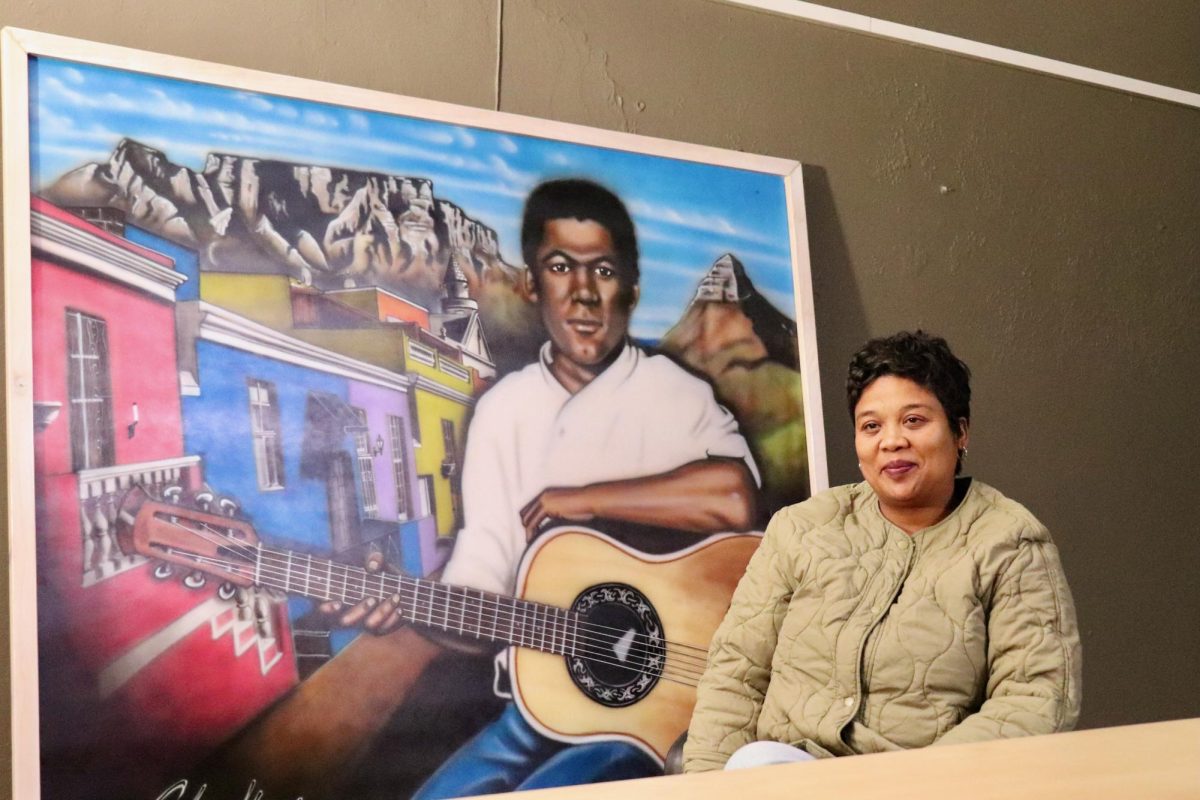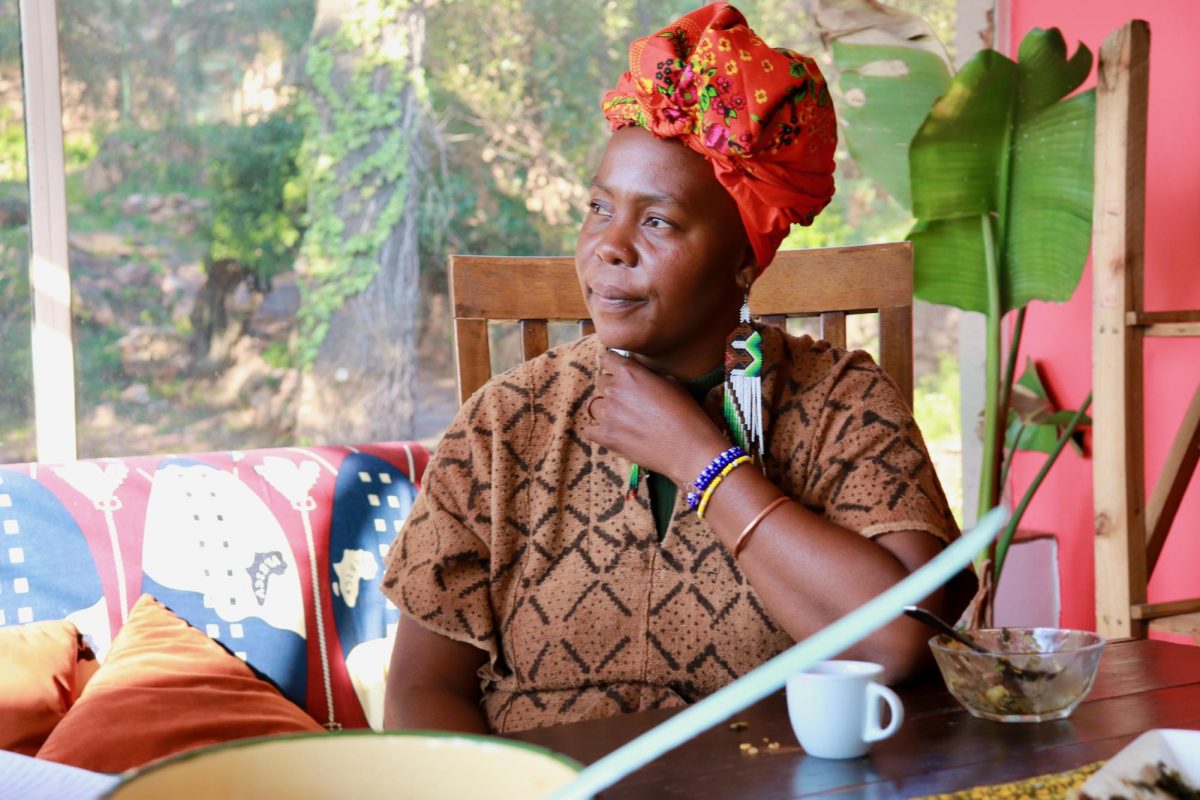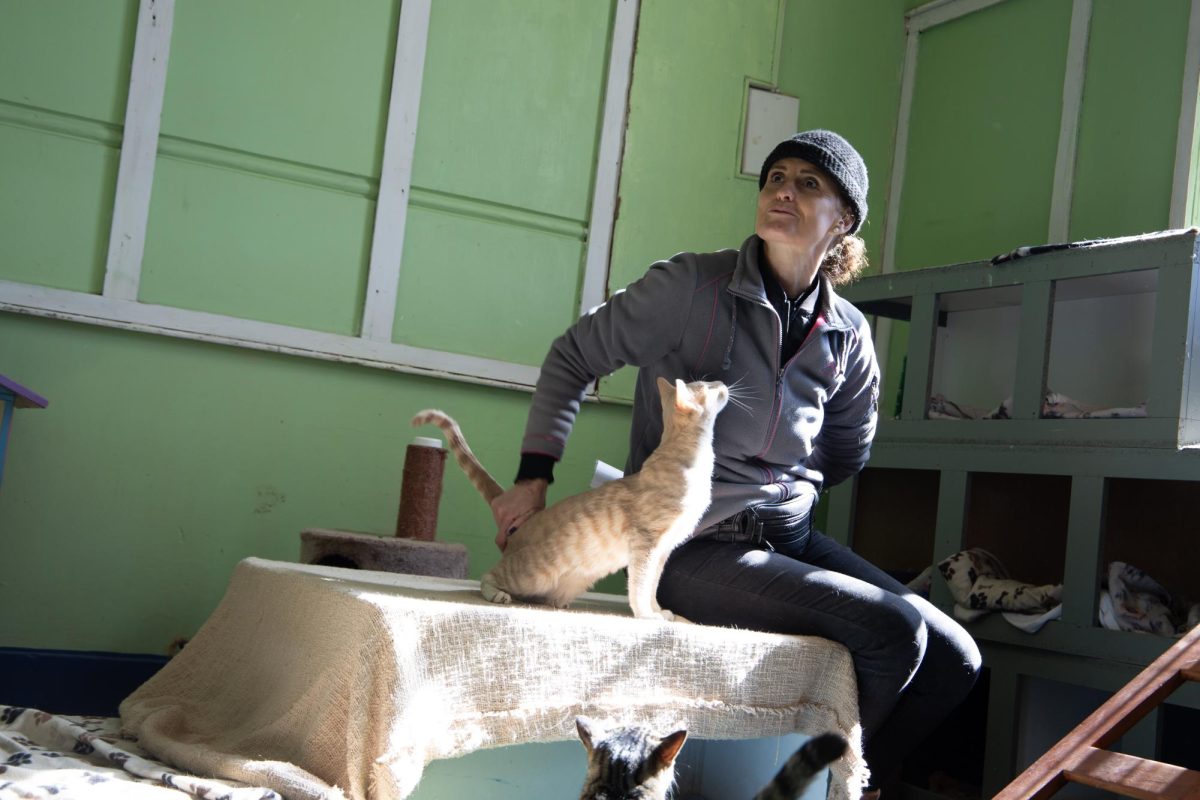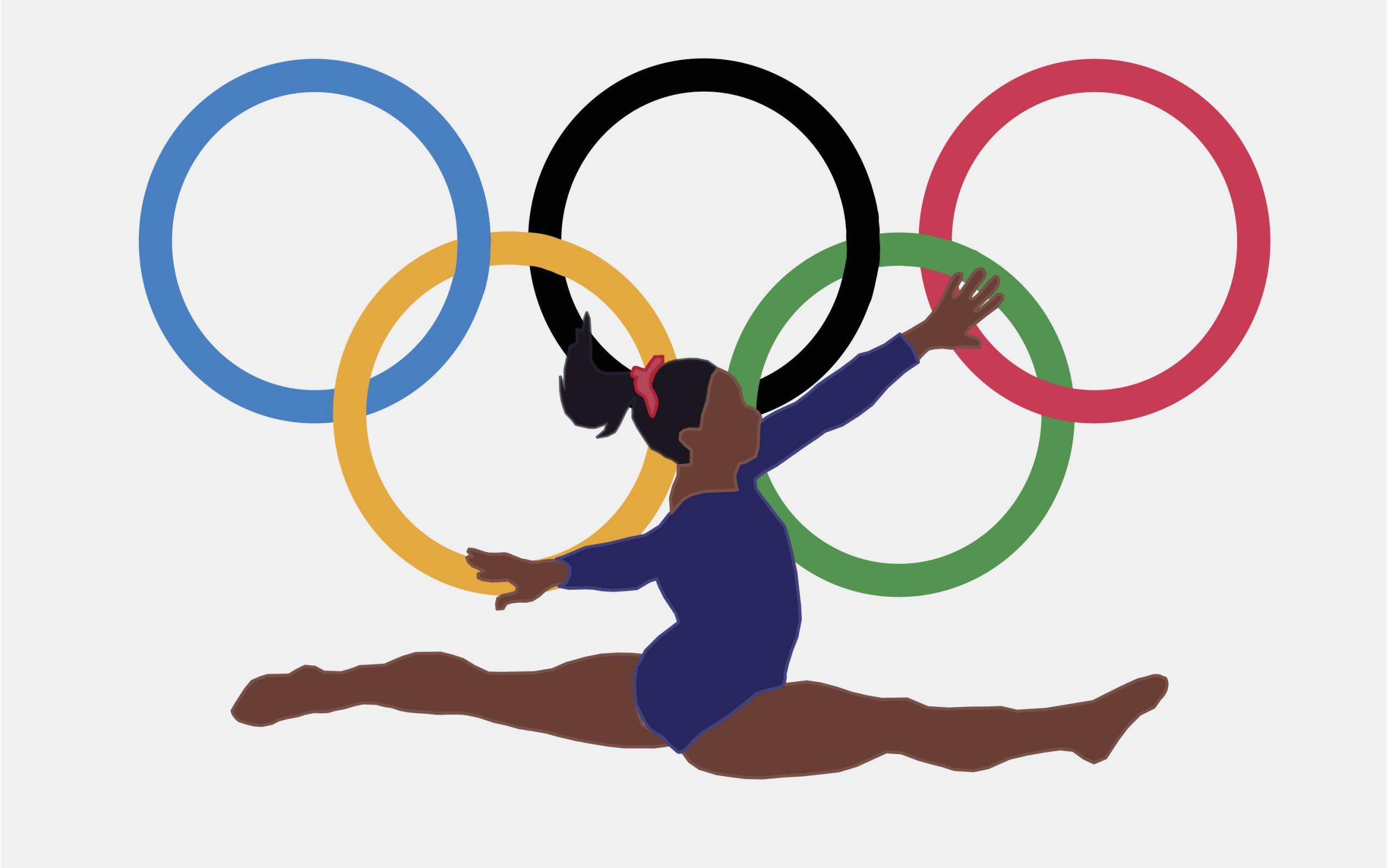I have never been athletic and I never enjoyed watching televised sports growing up. The one exception was every four years at the summer Olympics when I would be captivated by the U.S. women’s gymnastics team. So many of the athletes were children themselves, not much older than me, and it seemed like they could fly when I couldn’t even land a cartwheel.
After five years of waiting, I was eager to watch Simone Biles do the impossible in Tokyo, Japan. My heart dropped when I got a news notification that Simone Biles dropped out of the women’s team final, citing mental health struggles. I didn’t even realize that dropping out of the Olympics was a possibility. I can’t imagine how it must feel to step back like that after dedicating so much of your life over the past five years to preparing for this moment. In the days that followed, the world weighed in with their opinions about Biles’ personal decision.
When Biles cited mental health as the reason for dropping out of the women’s team final and three events that followed, she was not simply feeling a little nervous. Her first event at the team final was the vault, and she bailed on a skill called the Amanar: one of the most difficult vaults a woman could do in midair. She barely landed on her feet, which is completely out of character for her. By bailing midair, she could have seriously injured herself if she had landed on her head or neck. As Biles said, “it’s not worth getting hurt over something so silly, even though it’s so big. It’s the Olympic Games…but at the end of the day, it’s like we want to walk out of here, not be dragged out here on the stretcher or anything. So I’ve got to do what’s best for me.”
It is extremely powerful for an athlete to declare that their physical well being is more important than the Olympics. Growing up, I was inspired by the story of Kerri Strugg, who at the women’s team final in the 1996 Olympics severely sprained her ankle on her first attempt at the vault, but completed her second vault anyway, landing on one foot before needing to be carried off the mat. Looking back at this event through a new lens, this teenager should not have been encouraged to risk her long-term health in exchange for a gold medal. However, she did not have much of a choice with the world watching and famous gymnastics coach Bela Karolyi insisting “you can do it.”
Along with her body and mind not being in sync, Biles said her mental health was also impacted by the death of her aunt while she was in Tokyo. She could not take time to grieve and could not have any family members with her due to the coronavirus pandemic.
Whether it was because they did not understand what Simone Biles was going through or they simply did not agree that her health was more important than the Olympics, there was a fair share of critics in the days following Biles’ exit. British broadcaster and journalist Piers Morgan published an op-ed article for the Daily Mail the day after Biles’ initial exit, titled, “Sorry Simone Biles, but there’s nothing heroic or brave about quitting because you’re not having ‘fun’ — you let down your team-mates, your fans and your country.” This is wildly inaccurate, as Biles never stated that she was withdrawing because she wasn’t having fun. Struggling with mental health is not simply the inability to have fun. As for the people who she “let down,” prioritizing her well-being over her team and people who were expecting to be entertained by her is a valid decision. Another critic was Texas Deputy Attorney General Aaron Reitz, who tweeted a clip of the aforementioned Kerri Strugg competing while injured and wrote, “Contrast this with our selfish, childish national embarrassment, Simone Biles.”
This is a dangerous mindset, as many people do not do what’s best for their mental and physical health out of fear of being labeled “selfish.” Backing out was a mature decision that was far from childish.
I cannot relate to being as talented and extraordinary as Simone Biles, but I can relate to feeling burned out and having to quit. I have allowed my academics to define my worth. Ever since high school, I have struggled to prioritize both my mental and physical health over my grades. Sometimes, for the sake of my mental health, I hand in subpar assignments or go into exams not completely confident in myself, and neither of these things make me nor anyone else who does this lazy or unprepared for college.
Growing up, I thought that people like athletes and singers were perfect, never having bad days and never needing a break from their busy lives. Simone Biles prioritizing her mental health publicly indicates an important shift in our culture highlighting the necessity in discussing imperfections, weak moments, and mental health struggles.







































